Cost of Treating Skin Issues in Pets
The cost of diagnosing and treating skin issues in pets can vary based on the severity of the condition, the type of treatment required, and regional pricing differences. Below is an estimate of the costs you might encounter for skin issues, from initial consultation through ongoing care and treatment.
1. Initial Consultation and Diagnosis:
- Standard Consultation Fee: The initial consultation with a veterinarian to assess your pet's skin issue typically costs between £30 to £60 (bestiepaws.com).
- Specialist Consultation: If your pet needs to see a veterinary dermatologist for more complex skin issues, the consultation fee can be higher. For example, at a clinic like Dermvet, a referral consultation can cost £316.80 (dermvet.co.uk).
2. Diagnostic Tests:
- Skin Scraping Examination: A basic test to help identify skin infections or parasites typically costs £47.95 (leicesterskinvet.co.uk).
- Cytology (ear swab, tape strip, etc.): Costs range from £47.95 to £54.43 depending on the type of test (leicesterskinvet.co.uk).
- Intradermal Skin Test (for allergies): This test, which helps identify specific allergens affecting your pet, can cost around £520.08 (leicesterskinvet.co.uk).
3. Treatment Costs:
- Medications: Depending on the type of medication prescribed (antibiotics, anti-fungals, or allergy medications), the cost can vary. For example, immunotherapy for allergies (e.g., Artuvetrin injections) can cost between £408 and £960 for a 10-month supply, depending on the number of allergens involved (leicesterskinvet.co.uk).
- Procedures: Certain treatments, such as video otoscopy (used for ear infections) or surgical procedures to remove growths or tumors, can cost anywhere from £486 to £1,458 (leicesterskinvet.co.uk).
4. Ongoing Consultations:
- Follow-Up Visits: After the initial treatment, your pet may need to return for follow-up consultations to monitor progress. For example, a second consultation at Dermvet may cost £194.40 (dermvet.co.uk).
5. Regional Variations:
It's important to note that veterinary prices can vary greatly based on location. For instance, pet owners in London or the South West might face higher veterinary bills, with some reporting an average of £752 per treatment in London and £828 in the South West (whatprice.co.uk).
6. Total Estimated Costs:
Considering the above costs for initial consultation, diagnostic tests, treatments, and follow-up visits, the total cost for treating a skin issue in a pet can range from approximately £500 to over £2,000 depending on the complexity of the condition.
7. Recommendations:
- Get Detailed Estimates: It's always a good idea to request a detailed cost breakdown before proceeding with treatment. Many clinics will provide an estimate based on the diagnosis.
- Consider Pet Insurance: If your pet suffers from chronic skin issues or is at risk of developing them, you may want to consider a pet insurance plan that covers dermatological conditions. This can help offset the costs.
- Fixed-Price Packages: Some veterinary practices may offer fixed-price packages for common conditions like flea allergies, which can help you manage costs (willows.uk.net).
Supporting Skin Health: A Logical Step in the Treatment Process
When considering the costs associated with diagnosing and treating skin issues in pets, it's essential to recognize that early intervention plays a key role in preventing further complications. Skin issues can quickly escalate if left untreated, and the costs associated with ongoing treatments and consultations can add up.
While veterinary consultations and diagnostic tests are important steps in addressing skin problems, it’s also crucial to incorporate strategies that support the skin's natural defense mechanisms, starting with the skin barrier. This is where FurBabies Botanicals comes in.
Our skin care serums are a logical step to consider as part of the initial treatment process for skin conditions. They’re designed to promote skin barrier repair and provide immediate relief for dry, irritated, or inflamed skin, helping to manage symptoms and reduce the need for more extensive treatments down the line.
Why FurBabies Botanicals Serums?
-
DERMARENEW Lavender Skin & Coat Repair Serum (50ml)
This serum helps rejuvenate damaged skin, promote healing, and soothe irritation, reducing the need for more invasive treatments.
Key Ingredients: Lavender, Carrot Seed Oil, Shea Butter, Jojoba Oil -
DERMAPROTECT Rose Skin Repair Serum (50ml)
This gentle yet powerful serum helps to restore balance to sensitive skin and supports overall healing, making it a great choice for pets with hormonal imbalances, flea allergies, or sensitive skin.
Key Ingredients: Rose, Calendula, Clary Sage, Shea Butter
Using our FurBabies Botanicals serums at the outset of treatment can not only help improve your pet’s skin health but also reduce the likelihood of requiring costly ongoing consultations or more aggressive treatments. With natural, gentle, and hypoallergenic ingredients, our serums provide effective and sustainable support for your pet's skin.
Consider incorporating our skin care serums into your pet's treatment plan to help maintain and restore their skin health—an essential step that complements the care provided by your veterinary team.
References:
- Bestiepaws: Average Vet Fees for Dog (2025). Retrieved from bestiepaws.com.
- Dermvet Referral Fee List (2025). Retrieved from dermvet.co.uk.
- Leicester Skin Vet Fees (2025). Retrieved from leicesterskinvet.co.uk.
- Whatprice: UK Regional Veterinary Prices (2025). Retrieved from whatprice.co.uk.


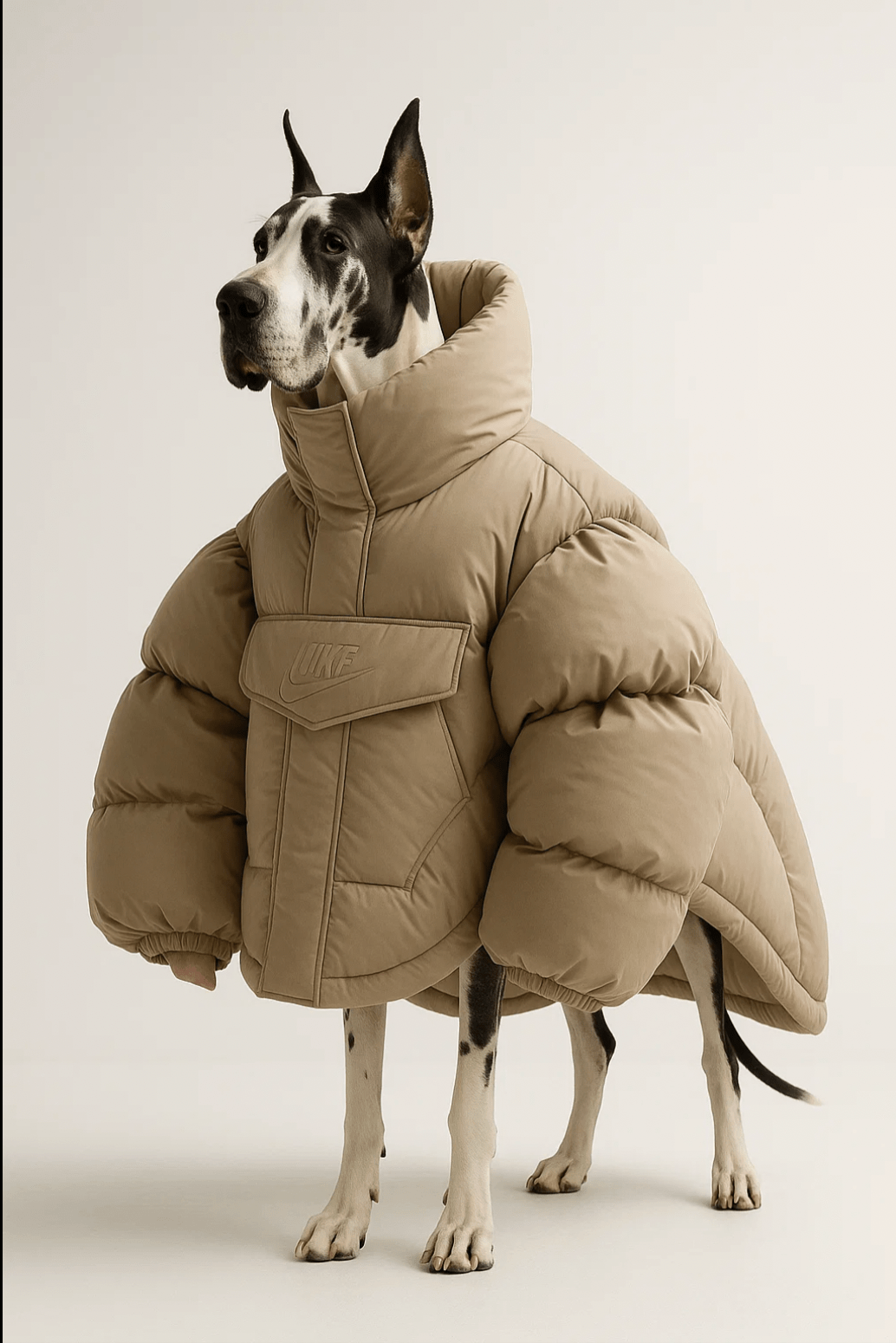

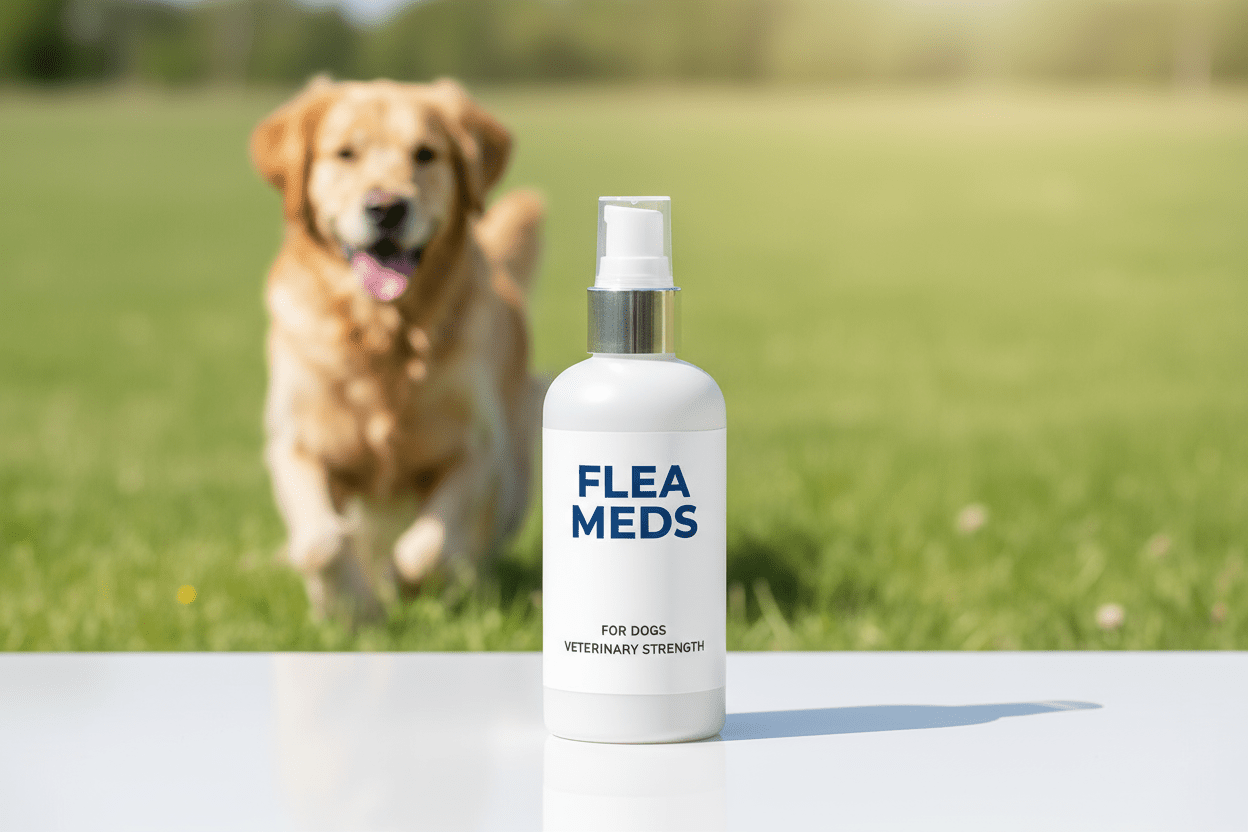
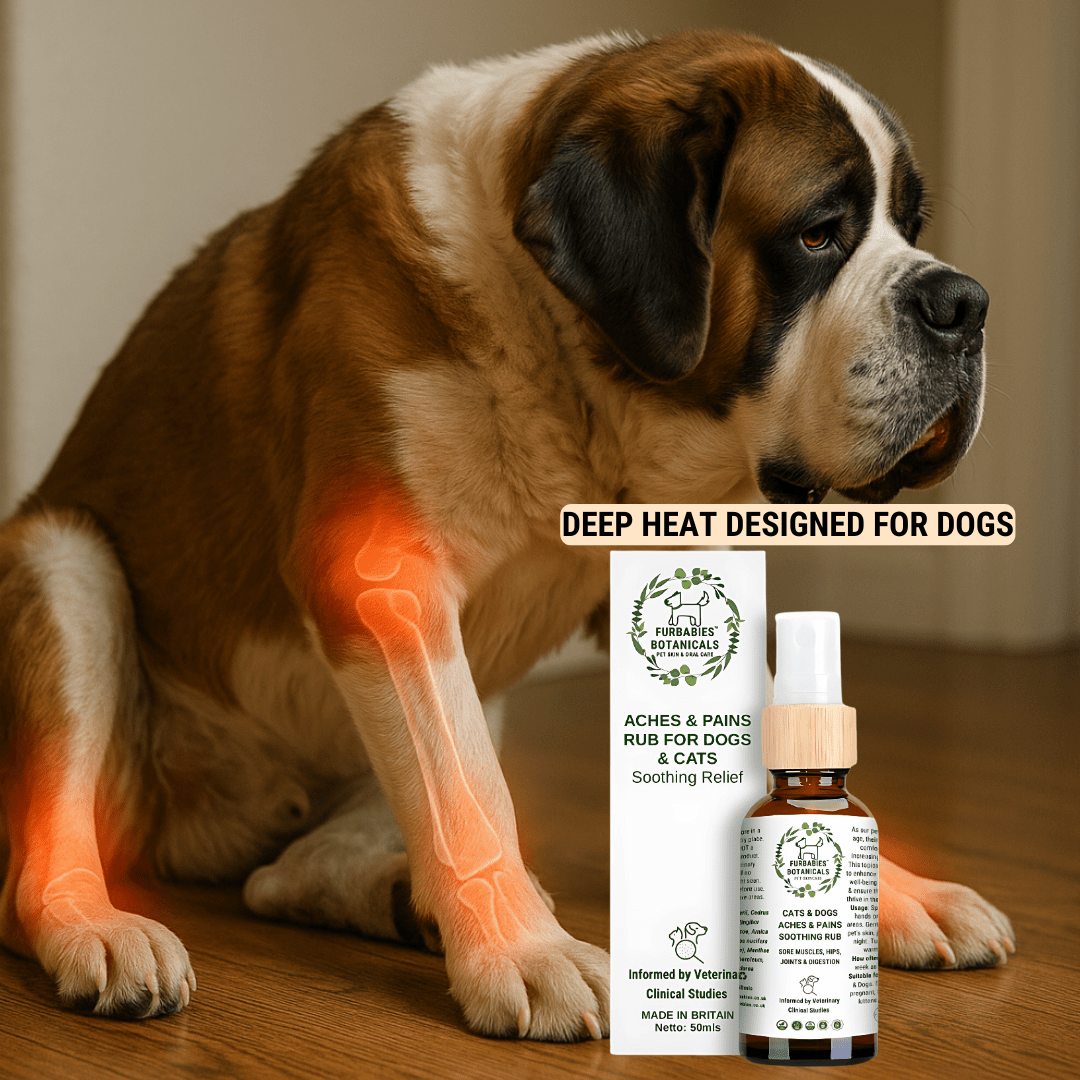

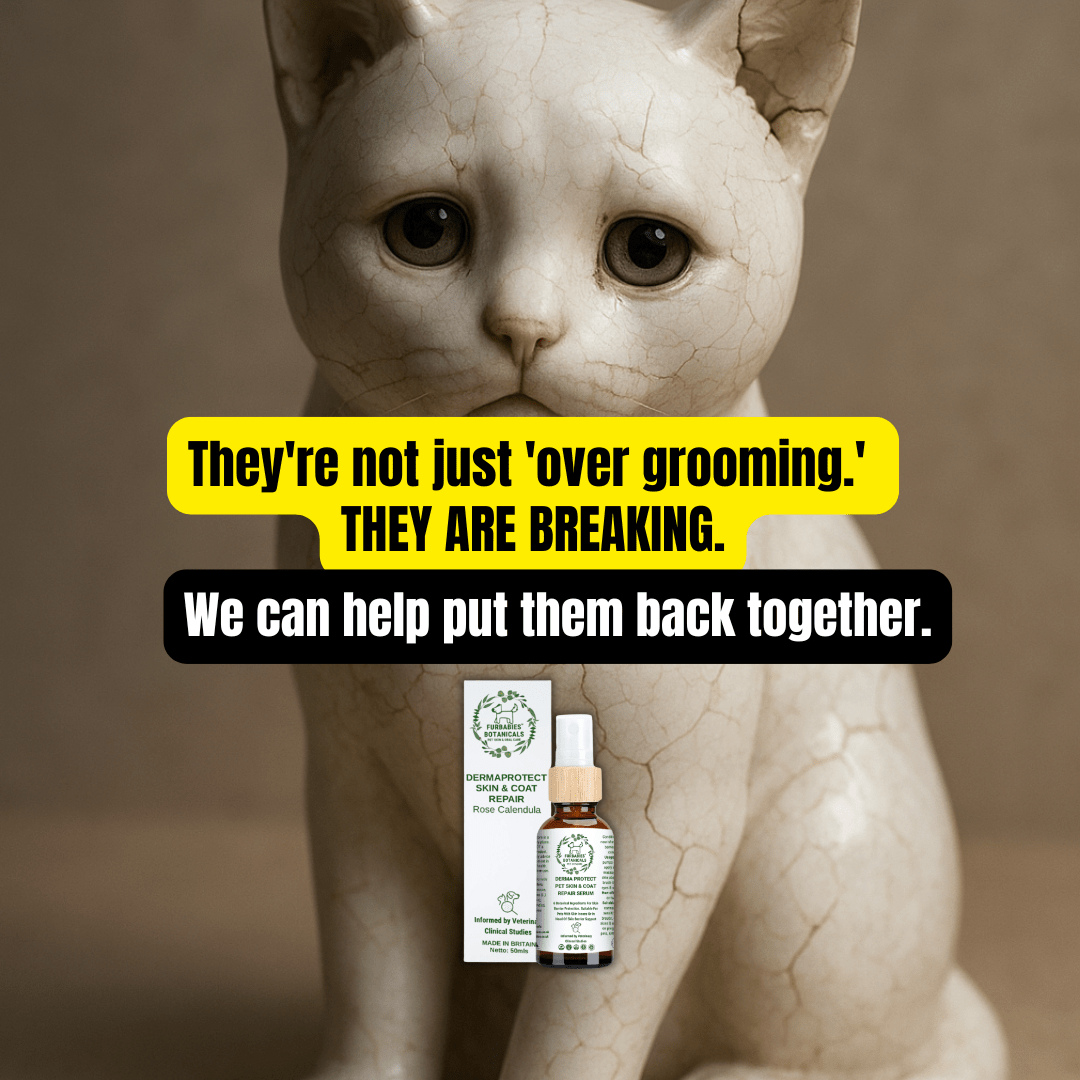
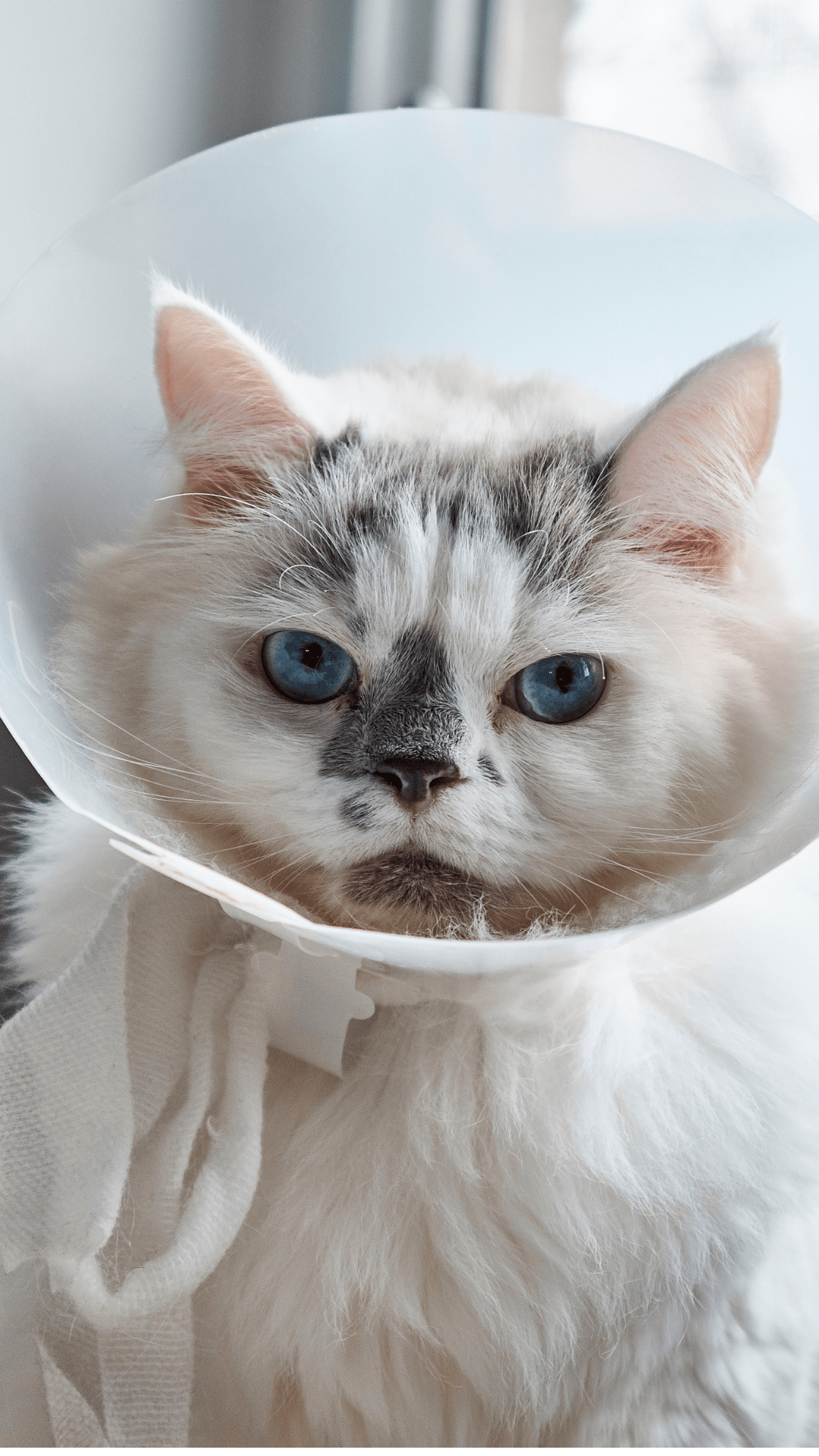
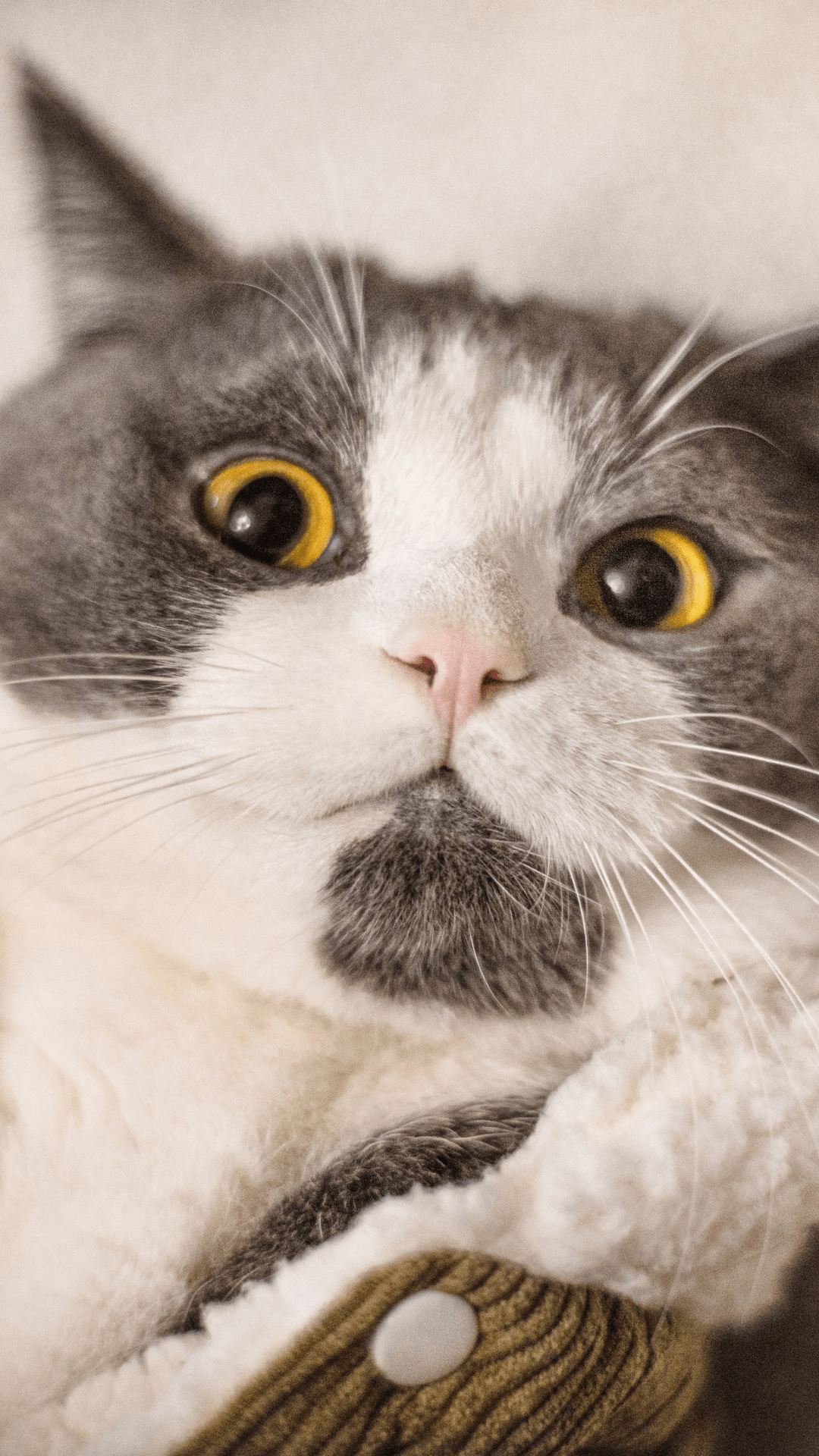



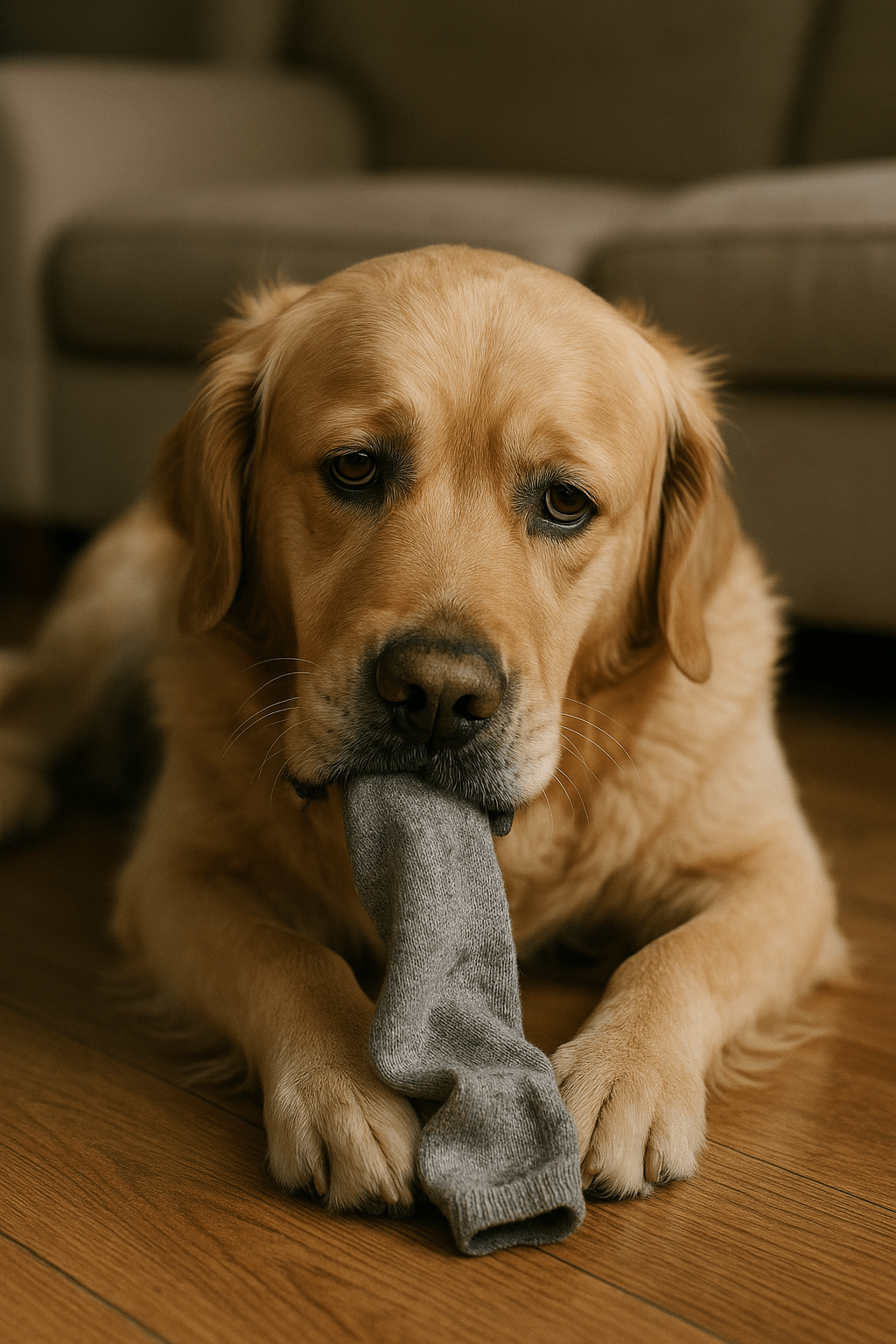
Share:
Understanding Vet Costs: What to Expect and Why They Vary
My Dog or Cat Is Still Itching After Flea Treatment?